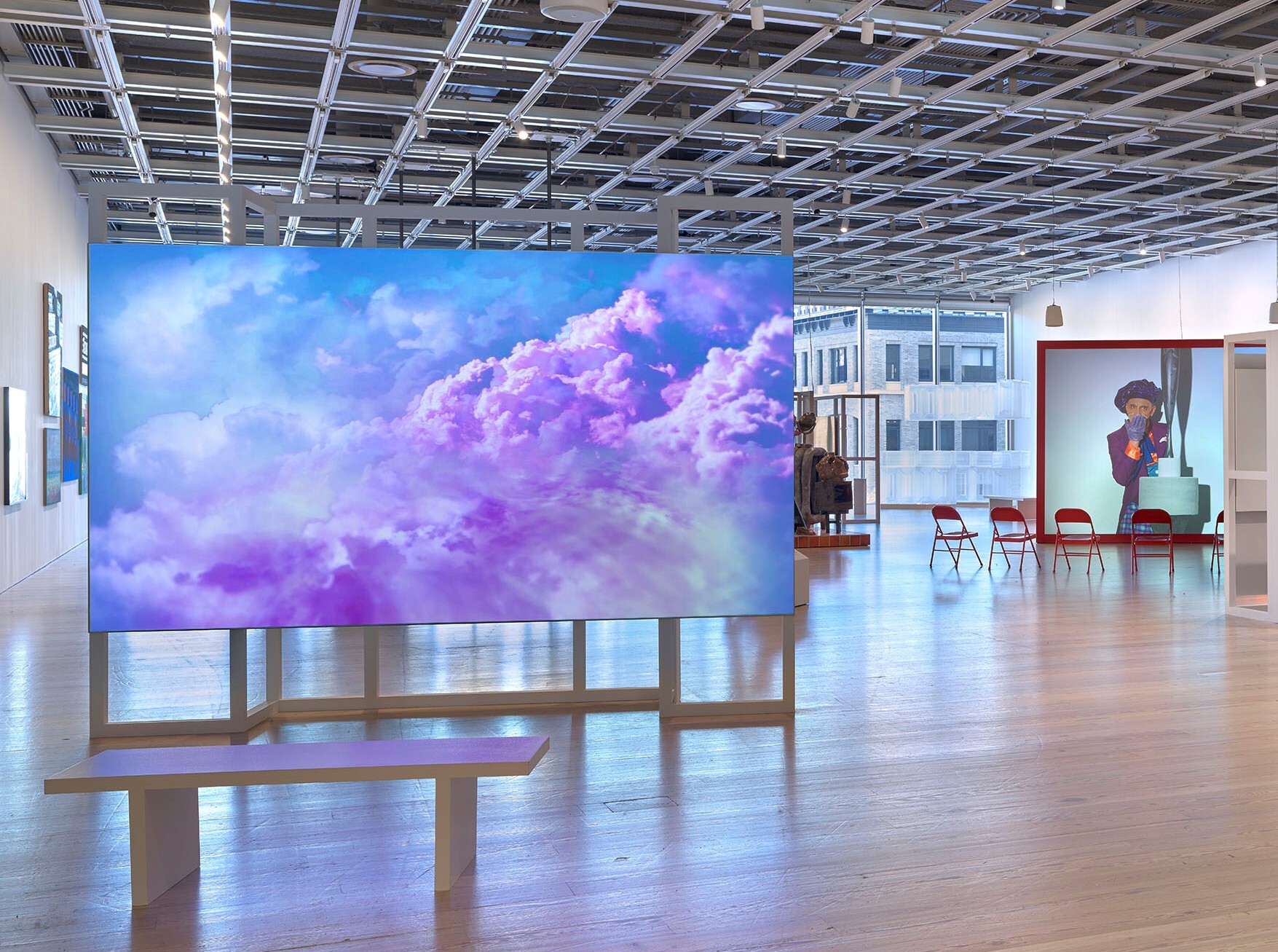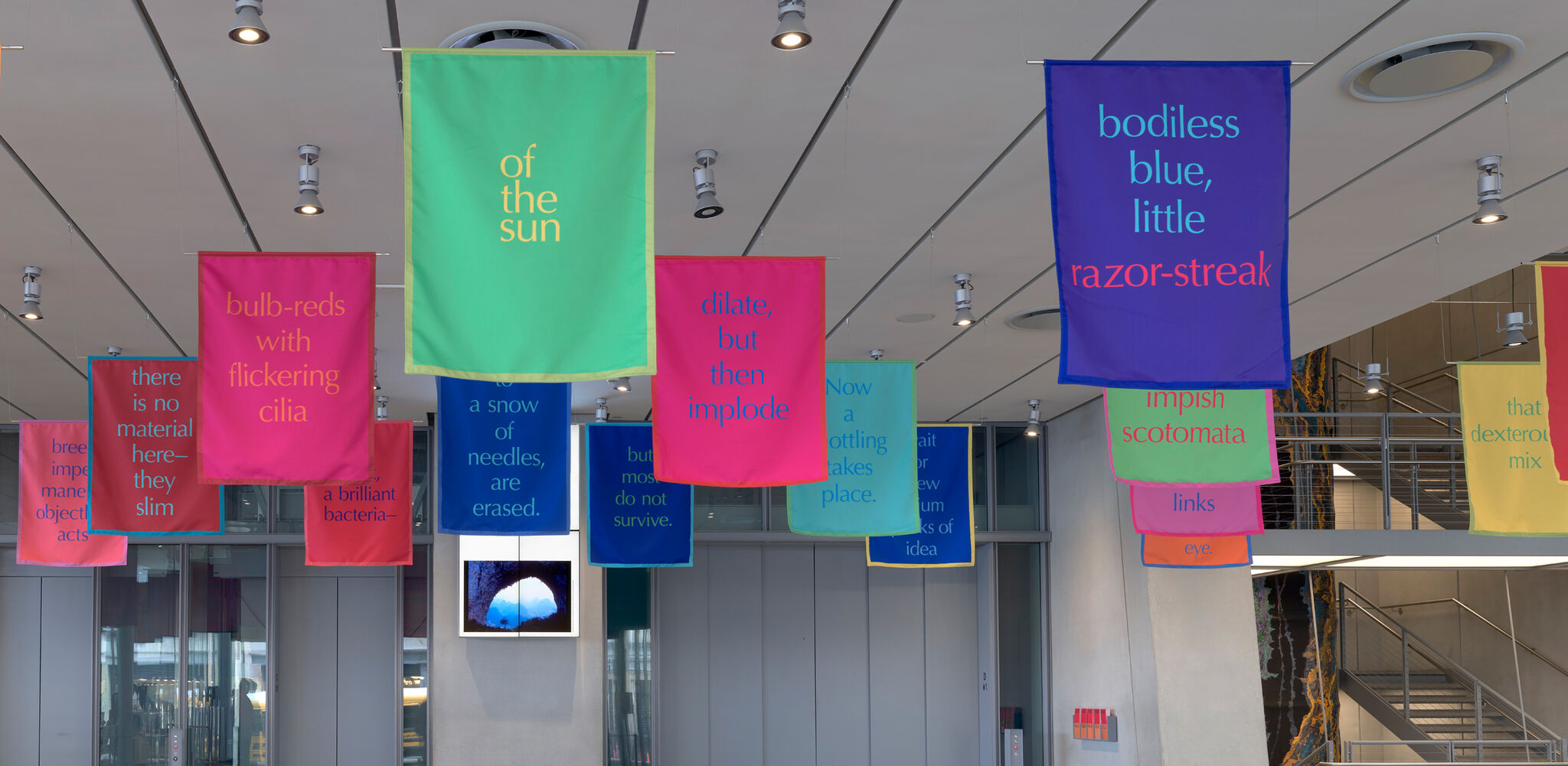Danielle Dean, Long Low Line (Fordland)
Mar 21, 2022
0:00
Danielle Dean, Long Low Line (Fordland)
0:00
Danielle Dean: I lived in Detroit for a few years, and the whole thing started because of the fact that I kind of got obsessed with Ford and Ford cars because of being there.
Narrator: Some of the nearby animation and the watercolors you see here draw on an archive of Ford advertisements. And on some level, all of the works draw on Ford’s larger idea of the assembly line.
Danielle Dean: The idea that a division of labor is split along an assembly line so that a worker only does one part of a whole, is so specific and simple, but I feel like it’s so weighted on how we live now. How we work and how we live are intertwined.
And I’m just so interested in that: how that way of life has come about through the influence of something like the production of cars. It used to be rubber, for example, was a big money maker. It was a massively big deal, globally, because so much is made from rubber. And it still is a big deal, but now what’s more of a big deal is data. What they call big data. So getting information for development of A.I. is the new raw material. And so I just personally have this obsession for comparing history to the present and how history has influenced or has a kind of intertwining.
I really was interested in how there’s a lot of labor that people do or a lot of ways of life that have come about that are an extension of this Fordist process and that now affects how people just live their everyday. For example, Amazon Mechanical Turk workers, which is one example of a lot of online crowdsourcing to develop data for A.I. A lot of people get all of their wages from logging in to these sites and filling in questionnaires and information about themselves to contribute to mass data.
That type of history is about: well, what kind of present or what kind of future? Because also, this type of automatization is leading to robots taking over all of the work, right? Which is the speculative sci-fi part, but it’s true that it probably will happen. So then again, what happens to humans? What life are we going to lead in the future?


